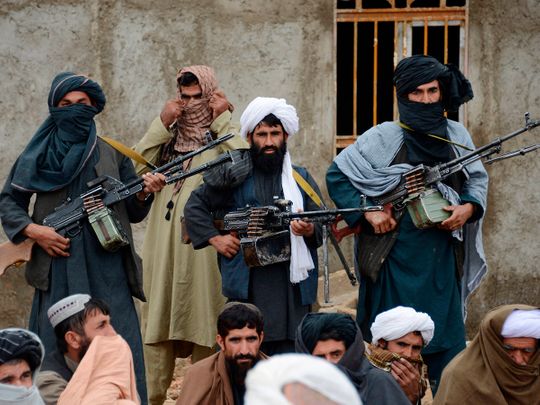
With almost every hour that passes, Taliban forces in Afghanistan seem to take new ground as town after town, city after and city and province after province fall as government security forces seemingly fade away with little collective ability to turn back this tide. It seems eerily similar to the final fall of Saigon five decades ago with alarming parallels to the current situation unfolding in Afghanistan.
Already US and UK officials have begun the process of airlifting their personnel from Kabul as Taliban fighters are reported to be less than an hour’s drive from the capital. Much of the country, including Kandahar, Afghanistan’s second-largest city and key province, fell to the extremists. If ever the phrase “the beginning of the end” is apt, it is most appropriate when applied to that troubled nation now.
This rapid advance by the Taliban and their seemingly inevitable return to power after two decades since the invasion by an international force led by the US and other Nato nations looks ominous. But this merely underscores the need now to ensure that full humanitarian aid is provided by the international community.
Already tens of thousands of desperate people have flocked to Kabul in the hope of finding refuge from the fighting and the Taliban advance. On Friday, the United Nations urged nations bordering Afghanistan to open their frontiers to allow those who wished to leave to do so. But this is a humanitarian crisis about to unfold, and it is one that the UN and aid agencies must meet.
Over the past two decades, some 125,000 members of the Afghan security forces have died, so too many foreign soldiers trying to bring peace and stability to the country after decades of fighting, score-settling and power struggles between warlords and clans, those who fought invaders, and those who embraced extremism.
And always it has been the people of Afghanistan who have suffered and endured, paying for the conflicts with the blood of their family and friends. Now, as the Taliban are poised to take control again, everyone must resist the base desire for revenge.
As this next chapter in Afghan history unfolds, we must urge the Taliban and other power players to protect the sanctity of human life in Afghanistan. What peace accords exist, ought to be respected, so too compliance with international laws on human rights.








